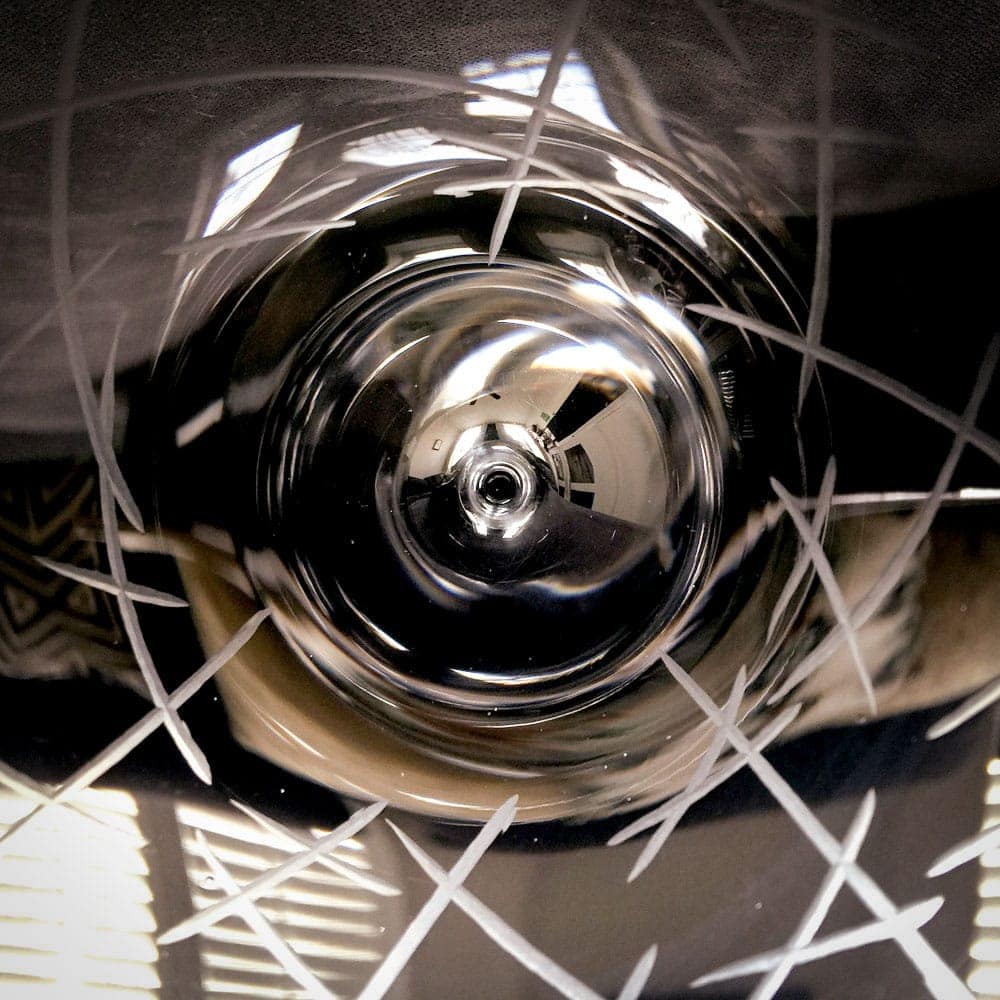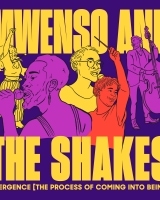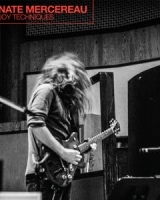Basil Hayden’s II

Vets are roughly six times more likely to off themselves than the general population.
That’s right. Six.
The profession consistently ranks among those with the highest rates of suicide, dwarfing other pillars of modern medicine. Shocking, until one considers the facts. Only a fraction of patients are covered by insurance, meaning that a life-or-death diagnosis — or rather, a large-sums-of-money-or-death diagnosis — almost invariably results in tough decisions for the family and ensuing antagonism toward the vet… not to mention, on occasion, stiffed payments.
Vets carry student loans on par with doctors, yet go on to make substantially less income. Overhead costs are high for those who run their own practice. Quality staff, near impossible to find. The surrounding community is all-important, yet predisposed to a certain herd-like mentality. One loud complaint from a pet owner can send a newly established practice into bankruptcy.
It is as though the universe is conspiring against these poor souls, knocking down their number by any means necessary. Insisting, as it were, that the animals of the world should remain untreated, untethered, and free.
Against this backdrop, paint a marriage.
My wife’s stresses are and always have been my stresses. Long hours of her schooling bled into the long hours of her residency. Seeking the smart, sustainable solution, we asked questions of those in the field. What we found is that many vets buy into an established practice, both to mitigate risk and maximize established connections to the community. The partnership becomes a launching point for one vet, an exit strategy for the other. In time, with the latter’s retirement, the vet has full run of her own practice, answering to no one as to the best way of offering care. So it is, that after decades of higher education and building expertise and paying dues, she becomes the boss.
Thankfully, an unexpected aptitude for forecasting markets won me opportunities at work. I was able to dig in, prove of use, get promoted. We were able to save toward that all-important buy-in. It excited me to help Kitty achieve her goal.
And so, for a time, our weekends were dedicated to searching out established practices, hunting for the right prospective partnership.
We considered moving outside the city. I was ready to follow her lead, to adopt the commuter’s life, although I can no longer conjure the sense of adventure I once felt. All I picture now are lost hours on packed trains, half-strangers nodding hello as shared routines take shape. Fire of life, extinguished. Spontaneity, gone. Every day, a series of destinations.
***
The compromise bourbon still stands empty on our granite counter — a trophy for all my past efforts. Today is a Sunday replete with sun. The frost is lifting. I loop the harness around doggie boy and ditch the apartment. Today is the day we fix things.
We speed through yawning neighborhoods, winding toward the vet. When we arrive, the small lobby is bustling with tiny dogs that bound and bark. Spud gruffs at one, I tug on his leash, he sits on my shoes. I make eye contact with the dog’s owner and recognize her as the star of a popular anti-hero superhero series. I half-smile and turn away.
Ginger, in her infinite kindness, inquires about Spud’s limp, then says she’ll try to fit us in for an appointment with Dr. Fuller.
“Dr. Fuller?” I ask.
On cue, the man now sleeping with my wife appears from around the corner.
“Mr. Buckle,” he says. His face registers our shared reality. “Dr. Pierce is off today.”
“Is she?”
He glances at the other patients, then tells Ginger he’ll see us first. It is only after he’s escorted me into an exam room and asked me to wait a moment, only after the door closes and I’m left looking around the room, that I’m able to appreciate the doctor’s deft hand. My biggest asset was potential embarrassment, making a scene in front of his high-end clientele. Yet, here I am, sequestered.
My boy’s back leg is trembling. I instruct him to lie down. I scratch and pull on his ears. I sing nonsense in a hushed voice.
The walls have been painted. A deep purple with white trim, onto which the sun casts bright rays. This is Kitty, making her office her home.
By sheer convenience, it’s always been Kitty who’s brought Spud here. While she works, he hangs about with Ginger and the rest of the staff. I’m sure they spoil him on treats. How could they not, with a face like his?
Dr. Fuller returns and closes the door behind him. “Dr. Pierce is on her way in,” he says, lowering onto a stool.
“Alright.” I say.
He starts to say something, thinks better of it. I hold his stare until he looks away. Satisfied, I turn focus to his shoes. A surprising indulgence, given what I know of the man. I wonder if I paid for them.
Dr. Fuller — first name Hal, if you can believe it — is a tall, lanky son of a bitch about whom you’d be hard pressed to say anything negative. His haircut is cheap but he pulls it off. He’s quiet and empathetic — the result of having loved a wife deeply, lost her to cancer, then somehow regained a foothold on life. He’s well-versed in the arts, the sciences, anything but politics, yet listens more than he talks. In short, Dr. Fuller is the most unassuming and respectable human being to ever cuckold his fellow man.
“I know you’re in pain,” he says. “She’s in a great deal of pain, too.”
“You must be joking.”
“It’s not only your marriage that’s ended.”
“Let’s get something clear,” I say. “You don’t talk about our marriage.” Spud rises, hearing the tone in my voice. “She’s on her way?”
“Yes.”
“And you’re what? Standing guard? You have other patients.”
“Our associate is seeing them.”
“She didn’t mention you hired an associate. Then again.” I cross and uncross my legs. If there’s a power position, I need to find it. “You must be getting close to retirement.”
“I have some time,” he says.
“You know that Kitty and I always dreamed of her owning her own practice? But the only way it was ever going to happen was climbing into bed with you.”
“Don’t be crude,” he says.
“I’m sorry?”
“You’re sitting in my offices.”
“Our offices, actually.”
“Dr. Pierce will be here shortly. We can discuss whatever you’d like then. Like adults.”
I try to breathe, letting that one go. “She was at your apartment when you called?”
“Yes.”
“Where do you live, again?”
No answer.
“Right. Better if I don’t know.”
He scratches an itch on the bridge of his nose.
“How does our couch look in your place?” I ask. “You must have had your own furniture, but Kitty is Kitty. She needs her stuff. You must be living a pretty cramped existence.”
Dr. Fuller rises and gets a bowl of water. He sets it down for Spud, who laps it up.
“Shhh, buddy,” I say, pulling him back. “Stop.”
“He’s thirsty.”
“Don’t tell me about my dog. Don’t do us any favors. My wife trusted you. I trusted you. And you know what?” I ask, resisting the urge to rise from my chair. “I’m as much a part of this business as you are. You want me to check with a lawyer?” I gauge the look in his eyes — not someone to play poker with. “You know how much of our lives we dedicated so she could have this? We haven’t taken a vacation together in a decade. That’s ten years together, nothing but work. But she had this dream, this impossible vision, and it made me proud to help her get there. And then what? She finally gets it, the uphill climb is over, and she leaves me for you? Why? What makes you so great that she moved out?”
“Would you like me to answer that?”
I swallow. “Go ahead.”
“I listened,” he says.
“You listened.”
“I won’t presume to know your side of the story, but Dr. Pierce — Kitty — shared things with me over the time we’ve known each other. Things she tried to express to you and couldn’t.” He leans forward, as though consulting a patient. “You just talked about your time together as an uphill climb, a struggle —”
“Being old doesn’t make you wise,” I say, cutting him off.
Dr. Fuller drops his eyes. He nods slowly, methodically, then goes to door.
“Don’t need to babysit me anymore?”
“I’m hoping that if I leave, you might let Spud drink.”
“I hope you catch some skin disease,” I say. “Something that itches like crazy and never goes away.”
“It’s alright that you’re upset,” he says, halfway gone. “It’s normal.”
“Do you ever listen to yourself?”
The door closes. Spud drinks the water. After a moment, I rise.
“I really appreciate those words, Doc,” I say, bursting into the lobby. The actress looks up from her phone. “Tell my wife I had to go. Something came up. Tell her hi for us when you go home to her tonight.” I catch Ginger’s eyes. “They’re sleeping together, did you know?”
I escape outside and breathe in the air. I scan the street for Kitty, heart beating out of my throat, feeling like I could fight off an army of oppressors.
The minutes tick by. Pedestrians take steps they can’t take back. Even turning about won’t unwalk the ground.
This piece appears as part of a serialized fiction experiment by Nathaniel Kressen for At Large magazine. New installments are published weekly, each based around a different liquor.
Nathaniel Kressen is the author of two novels — Dahlia Cassandra (named Best of 2016 Fiction by Entropy & Luna Luna Magazine) and Concrete Fever (Bestseller, Strand Book Store) — as well as the co-founder of Second Skin Books and the leader of the Greenpoint Writers Group.

